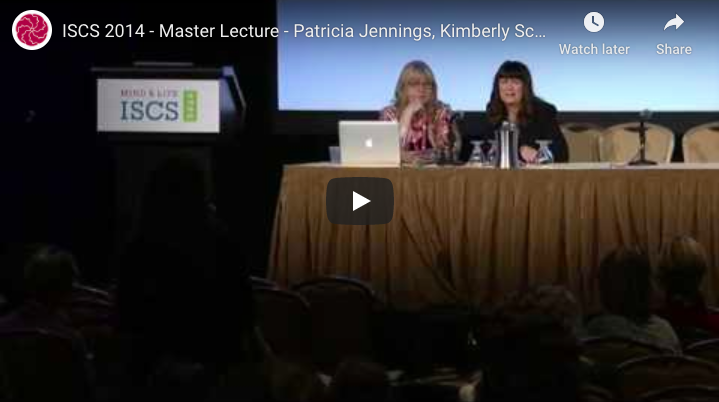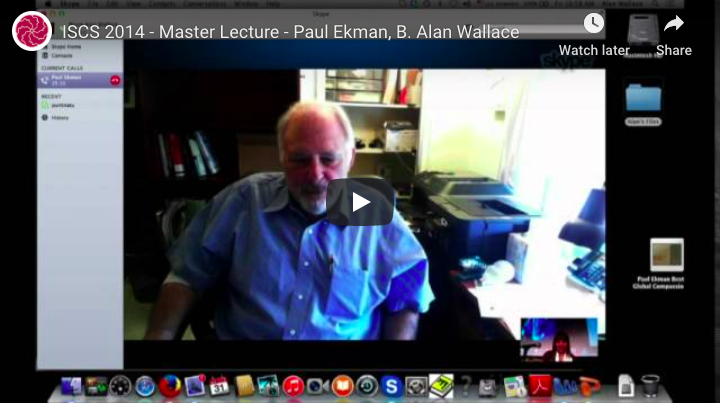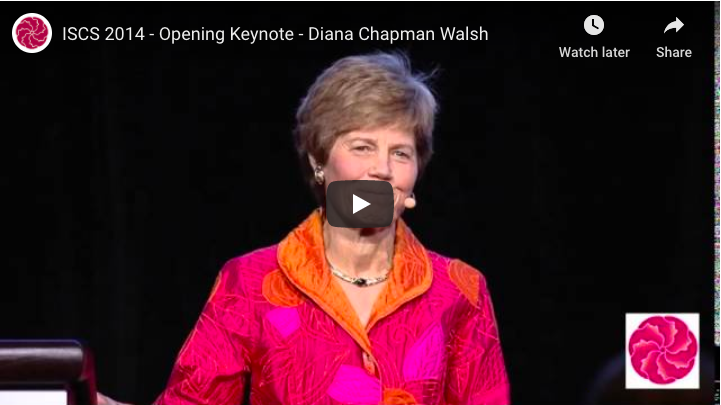Meditation training is presumed to influence individuals’ emotional engagement with others’ suffering. Although evidence is accumulating for the prosocial effects of intensive practice in meditation, little is known about how training may alter primary cognitive representations of compassion-eliciting stimuli. We assessed individuals’ remote (six-year) incidental memory for emotional images viewed both before and after a …
Topic Archives:
Concurrent Session 1 – Validation of the Perceived Compassion Scale
A self-report scale measuring perceived compassion, in its embodied and functional aspects, will be presented, including preliminary psychometric validation results. There has been some debate as to whether compassion can be measured through self-report. Neff’s Self-Compassion Scale, possibly the most widely used instrument, operationalizes compassion in terms of mindfulness, common humanity, and self-kindness. Others (e.g., …
Continue reading “Concurrent Session 1 – Validation of the Perceived Compassion Scale”
Master Lecture – Contemplative Inquiry and Science
What Constitutes Compelling Evidence, And For Whom? (B. Alan Wallace) “Exceptional claims require exceptional evidence” is often presented as the heart of the scientific method and as a model for critical thinking, rational thought, and skepticism everywhere. Accordingly, materialists view any evidence that is incompatible with their beliefs as highly questionable at best, for such …
Continue reading “Master Lecture – Contemplative Inquiry and Science”
Master Lecture – Contemplative Science Goes to School
Contemplative Science Goes to School: Improving the Context for Teaching and Learning in the Elementary School Years Through Contemplative Approaches The classroom has been long recognized as an important context for development, particularly during the elementary school years. Optimal learning environments are physically and emotionally safe and provide students with a sense that their thoughts …
Continue reading “Master Lecture – Contemplative Science Goes to School”
ISCS 2014 – Master Lecture – Patricia Jennings, Kimberly Schonert-Reichl
Contemplative Science Goes to School: Improving the Context for Teaching and Learning in the Elementary School Years Through Contemplative Approaches
ISCS 2014 – Master Lecture – Paul Ekman, B. Alan Wallace
What Constitutes Compelling Evidence, And For Whom? (B. Alan Wallace) Why Don’t We All Have Global Compassion? (Paul Ekman)
ISCS 2014 – Opening Keynote – Diana Chapman Walsh
Education for Ethical and Compassionate Leadership
ISCS Opening Keynote
Education for Ethical and Compassionate Leadership We live in a time of increasingly fragile social institutions: a political system distorted by increases in inequality; financial markets that create unsustainable debt; and an economy that drives a scarcity mentality and ever-escalating consumption, diminishing the quality of time-starved and stress-filled lives. We have crises in health care, …
Concurrent Session 4 – The Role of Empathy in Social Cognition
Social cognition theories explain how we understand others in social interactions. A new approach, interaction theory, focuses on the phenomenological and embodied nature of what it is like to connect to andunderstand others in social interaction. This theory incorporates traditional phenomenological approaches to understanding other minds, and it also gives significant status to the role …
Continue reading “Concurrent Session 4 – The Role of Empathy in Social Cognition”
Roshi Joan Halifax
A pioneer in compassion-based medicine on death, dying, and our health care system





